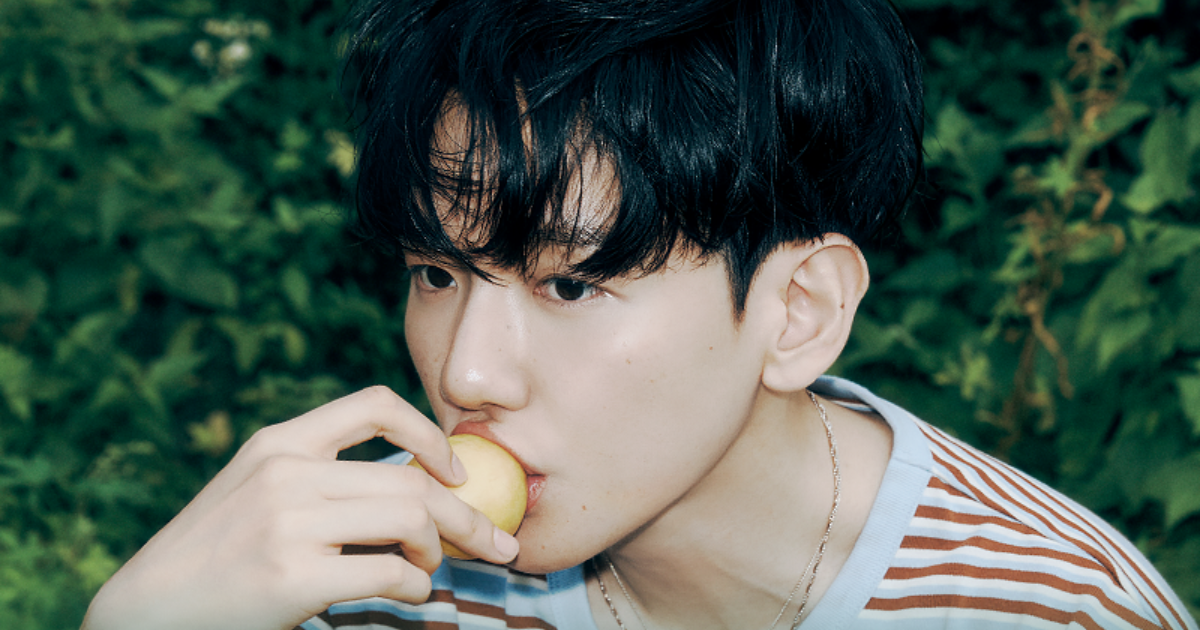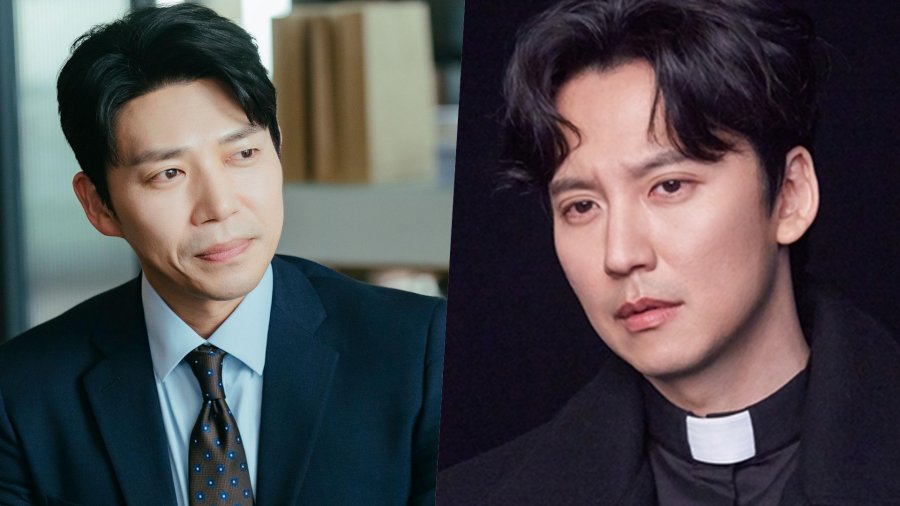However, these performances feature Chinese artists singing and dancing to popular K-pop songs without the involvement of Korean artists. This practice stems from the Hallyu ban, implemented in 2017 as a response to South Korea’s deployment of the THAAD missile defense system. This ban restricts Korean artists from performing in mainland China and blocks the distribution of Korean films, dramas, and other media.
Unauthorized Use of K-pop Content
According to China’s largest ticketing platform, Damai, a “K-pop Live Tour Concert” will take place on January 8, 2024, in Beijing’s Chaoyang District. This event follows performances in Tianjin and Xi’an earlier this month. The concerts feature Chinese bands performing hit songs by groups like NewJeans, BLACKPINK, aespa, and EXO. Tickets are priced between 42 and 580 yuan (approximately 8,000 to 110,000 KRW).
These concerts often involve audience participation, with fans learning choreography in advance and dancing along during the shows. While such events are popular and well-received, they rely on the unauthorized use of K-pop songs, as the music is played without paying royalties to Korean artists or their production companies. Furthermore, some events reportedly sell unofficial merchandise and use illegally downloaded Korean videos as stage backdrops.
Limited Legal Action

Korean entertainment companies are aware of the situation but face challenges in taking legal action due to the difficulty of enforcing intellectual property rights in China. One insider remarked, “Chinese organizers seem to assume they won’t be caught and therefore avoid paying royalties.” Another cultural expert noted instances where Chinese organizers even used the logos of major Korean entertainment companies without permission, setting up booths to display them.
The Debate on K-pop Demand in China
Despite these issues, some argue against completely cutting off K-pop consumption in China. While the current Hallyu ban prevents Korean artists from performing in the country, maintaining Chinese fans’ interest in K-pop could prove beneficial if the restrictions are lifted. A cultural insider explained, “Rather than blocking K-pop entirely, it’s important to sustain demand and keep the fanbase alive in anticipation of normalized relations.”
Hopes for the Ban’s Lifting
There is growing optimism that the Hallyu ban will ease in the near future. Last month, China’s Minister of Culture and Tourism, Sun Yeli, met with South Korea’s Minister of Culture, Sports, and Tourism, Yoo In-chon, and expressed interest in learning from Korea’s success in cultural content. While current diplomatic tensions have delayed further discussions, the Asia-Pacific Economic Cooperation (APEC) Summit in Gyeongju next November may provide an opportunity for progress. Some experts speculate that Chinese President Xi Jinping could bring the gift of lifting the Hallyu ban during his expected visit to Korea.
For now, Chinese K-pop concerts continue to draw crowds, though Korean artists and producers remain sidelined, unable to benefit from the growing popularity of their music in China.
Source: Chosun Biz
The post China Illegally Holds K-pop Concerts Without Korean Artists Amid K-pop Ban appeared first on KBIZoOm. KBIZoOm – Breaking news about K-pop, K-drama, Anime/Manga and worldwide entertainment KBIZoOm – Breaking news about K-pop, K-drama, Anime/Manga and worldwide entertainment







